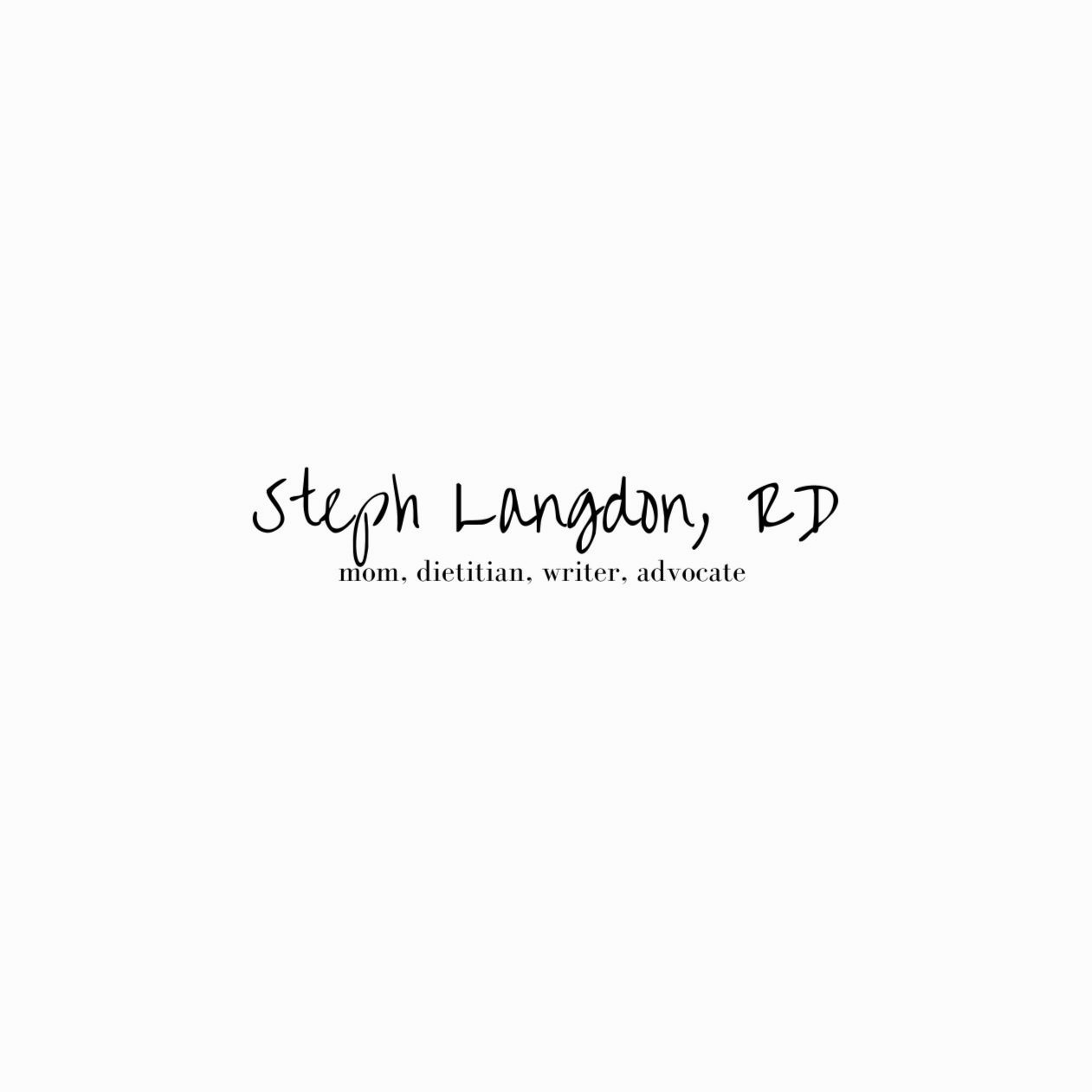Mandy Willig, PhD, RD
SCIENTIST, CLINICAL OUTPATIENT DIETITIAN
for something nutrishus
Mandy was interested in the interview series to share her unique experiences and also to contribute to a valuable resource for future dietitians. She is an Assistant Professor and travels around the world for her research and work. She spends about 20% of her time at clinics for patients with HIV and diabetes, and 80% conducting research on health disparities and chronic disease risk. Even other dietitians don't really know what Mandy does, which is one of the main reasons I started this series!
Why did you become a RD?
Vocational education programs led me to dietetics. I always enjoyed cooking and learning about nutrition through 4-H and Family Consumer Science (FCS) classes. I also visited a dietitian when I was a child, so when my FCS teacher introduced me to the idea of dietetics as a career I realized it was the perfect chance to impact other’s lives in the same way that dietitian did for me.
What area of dietetics do you work in?
I am a scientist at an academic medical center. I also provide outpatient counselling to patients a few days each month.
How would you explain what you do?
I develop and conduct research studies to determine the best ways to help people follow nutrition and exercise plans. I am especially interested in which approaches will work best for people living with chronic infections, such as HIV. My research right now is focused mainly in the United States and Zambia. In my clinical time, I work with patients from urban and rural areas who have high cholesterol, diabetes, and poor immune function.
What are your ‘typical’ daily/weekly tasks?
Every day is different in science! About eight hours weekly are spent with patients. I work on completing research studies and interpreting results from those studies. I also develop manuscripts for journals, and presentations for colleagues and community members to share results from our research and learn how we can adapt clinical care based on the findings. I have to regularly read research articles in my field to stay up-to-date on the science. I serve as a dietetic intern (DI) preceptor in the DI research rotation, and guest lecture on nutrition and health for undergraduate/graduate students. I have also participated in community outreach through education programs and cooking classes. And, of course, in research I spend quite a bit of time writing research grants to move our science to the next level.
What has been your career path?
Following the dietetic internship, I became a corporate dietitian with a long-term care and rehab company, where I worked with the geriatric population providing long-term nursing home care and short-term rehabilitation services. I always thought that I had NO interest in research (seriously – none), but while completing my Master’s degree I fell in love with the area. I also became frustrated with how many younger adults were becoming disabled through diabetes and heart disease, and saw research as a path to address that. I now work as an Assistant Professor.
What advanced education or special training do you have?
I have a PhD in Nutrition Sciences. I also received additional training in business and biostatistics - business and coding skills open up many opportunities to RDs!
In an ideal world, what does the industry look like 5 years from now?
I would love to see everyone in the United States have access to a dietitian before medical issues become an emergency. We consistently see the best results in our patients who are working with dietitians, and that expertise should not be withheld until people are at their sickest.
What misinformation about RDs would you like to clear up?
I still hear the old phrase that dietitians are the “food police”, even though in 2016 food bloggers and “nutritionists” with limited/no credentials are more likely to judge and police what you are eating. RDs have invested many years (and dollars) into academic and internship training because they are passionate about helping you be healthy while actually enjoying your life.
What do people think that you do for a living?
Honestly, even other dietitians don’t always know exactly what I do as a research dietitian. I would love for more RDs to consider research as a career path. We have valuable expertise to offer, and many research institutions will now advertise “RD preferred” for faculty positions because they see the positive benefit to their programs when RDs are educators and researchers.
What are you passionate about in dietetics?
I am VERY invested in teaching other health care/business professionals about how valuable RDs are. If you want results, you can consult anyone. If you want GOOD results, consult the dietitian.
What is your favourite meal?
My mom’s pot roast with carrots and potatoes always brings back my happiest childhood memories. My mom taught me how to cook, and watching her now share those skills with my child gives me hope that the pot roast recipe will survive for many more generations!
What tip(s) would you give to our readers?
Never stop learning! You need to develop the skills to read and interpret research literature and counteract the rampant misinformation about food and nutrition. Plus, we all need to learn how to partner with science journalists and food journalists to get the right information out there.
More about Mandy:
Twitter: @MandyWilligRD
Linkedin: Amanda Willig, PhD, RD
Thanks Mandy!

